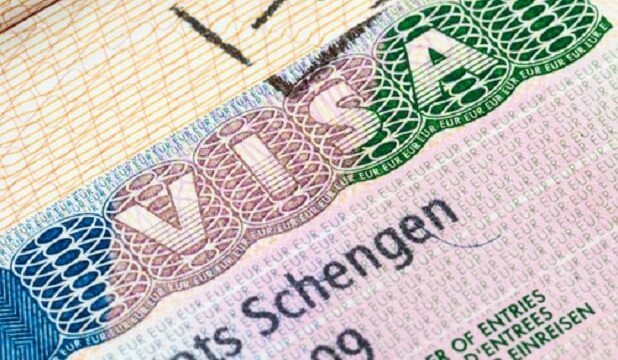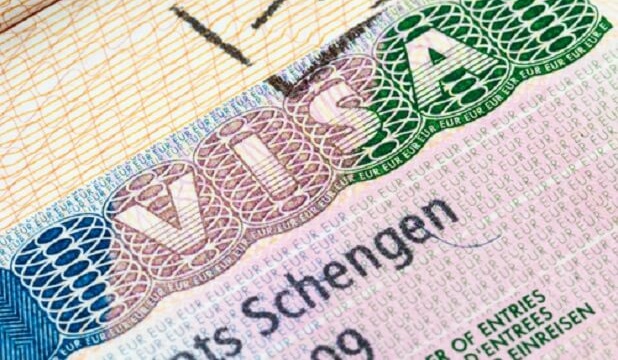
The issuance of the special visa needed for travel to the Schengen area in Europe in Guyana has the full attention of the new European Union (EU) Ambassador to Guyana René Van Nes.
During an interview on Thursday, the new Ambassador said that the issue was discussed when he presented his credentials to President Dr. Irfaan Ali on September 7, 2022.
While explaining that he cannot promise that the issue will be resolved immediately, Van Nes highlighted that the issue has his “full attention” and he is working to address this “important concern”.
</p>
<p>” data-medium-file=”https://newsroom.gy/wp-content/uploads/2022/09/Screenshot-2022-09-15-at-5.21.29-PM-300×168.png” data-large-file=”https://newsroom.gy/wp-content/uploads/2022/09/Screenshot-2022-09-15-at-5.21.29-PM-1024×573.png” loading=”lazy” class=”size-large wp-image-150177″ src=”https://newsroom.gy/wp-content/uploads/2022/09/Screenshot-2022-09-15-at-5.21.29-PM-1024×573.png” alt=”” width=”1024″ height=”573″ /><figcaption id=) European Ambassador to Guyana, René Van Nes (Photo: News Room/September 15, 2022)
European Ambassador to Guyana, René Van Nes (Photo: News Room/September 15, 2022)“I am talking to member states about this and we are really trying to get something into place that will first be a temporary solution that will make it easier for the people of Guyana to get the visa, and then later on there will be a more sustainable solution,” he said.
A Schengen visa is a short-stay visa that allows a person to travel to any member state of the Schengen Area, for stay up to 90 days for tourism or business. This Schengen Area is an area comprising 26 European countries that have officially abolished all passports and all other types of border control at their mutual borders.
Local business players are among those who have complained of the inconvenience of travelling to neighbouring Suriname, where the visa is issued, for the service.
Last month, President Dr. Irfaan Ali had called on outgoing European Union Ambassador Dr. Fernando Pontz Canto to see that the visa is issued locally.
According to President Ali, Guyana is becoming an increasingly strategic partner for the EU and as such, the bloc should work towards making these visa services easier to access here.
Just after the President’s calls, former EU Ambassador to Guyana Fernando Pontz Canto told reporters that he has been working on resolving this issue for Guyanese for quite some time.
“The problem that we have is that this is not a responsibility of the EU institutions, it is the responsibility of the EU member states.
“In other words, the delegation doesn’t have the mandate to deliver any visas,” Pontz Canto had explained.

